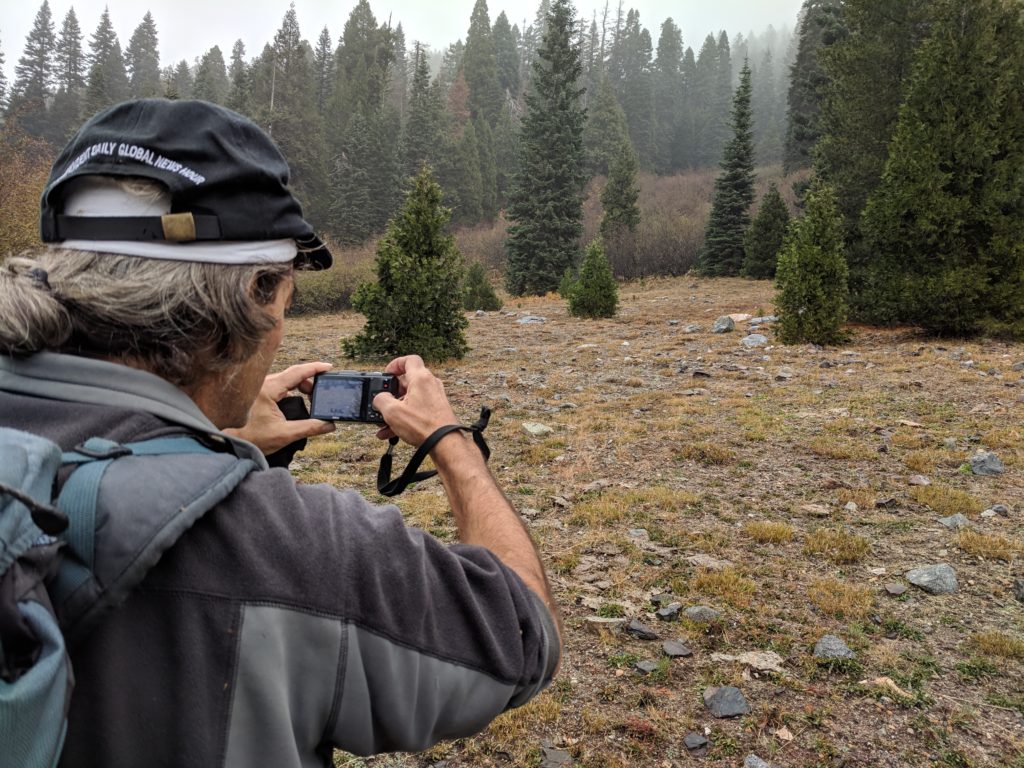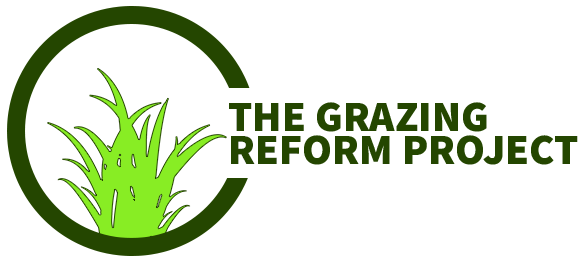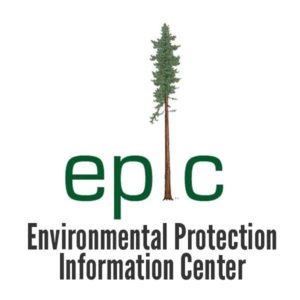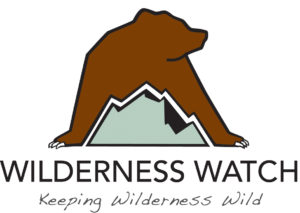
Project to Reform Public Land Grazing in Northern California
February 2020
Poorly managed grazing on public or on private land typically results in damage to water quality, riparian areas, wetlands and wildlife habitat. In California National Forests livestock grazing has been shown to result in violation of water quality standards for fecal coliform and nutrients in headwater streams that should be providing our highest quality water. Livestock waste is deposited into waterbodies or into positions where runoff, snowmelt or high water will deliver the waste to streams.
When the livestock grazing public lands are cattle (which is typical across western public lands), damage to riparian areas, wetlands and willows is also typical as is hydromodification, damaging the water holding capacity of meadows and headwater basins, which decreases baseflows in the streams below.
These and other negative impacts to water quality and wildlife habitat are not legal. Nevertheless, violation of the Clean Water Act, National Forest Management Act and other applicable laws are typical on national forest grazing allotments. Those violations are also typically ignored by Forest Service managers and state agencies responsible for water quality and wildlife habitat. That’s why it is important for citizens to file complaints when public land grazing damages water quality, riparian areas, wetlands and wildlife habitat.
File a Citizen Complaint
Widespread citizen action can pressure public officials to reform how grazing is managed on national forests and other public lands. You can help. When you observe grazing-related damage, please report that damage to the responsible officials, that is, those officials responsible for implementing the Clean Water Act on public and private land and those officials responsible for protecting wildlife habitat on public land.
On national forest lands the District Ranger is the official responsible for assuring that grazing on the ranger district is conducted in conformance with all applicable laws, plans and regulations. But rangers will rarely take action to correct bad grazing until and unless they get pressure from another agency or a lawsuit.
Nevertheless, getting a visit from an irate member of the public, or better still a copy of the complaint you filed with one of the agencies listed below, is great if you can do it. You can usually find the ranger stations listed in the local phonebook under “USDA Forest Service” or go to the website for the national forest where the problem occurred for ranger district contact information. Click here to contact the managers of any US national forest. If you can’t visit the office send a copy of your compliant filed with one of the agencies below.
In most states the Clean Water Act (CWA) is implemented and enforced by the state government; in a few states the EPA implements the CWA. This guide tells how to file a CWA complaint in California only.
The State and Regional California Water Boards are responsible for assuring that the Clean Water Act is properly implemented on national forest land in California. Water Board officials can pressure Forest Service managers to change management when water quality, riparian areas and wetlands are degraded by grazing. Report water quality, riparian and wetland degradation to the Regional Water Quality Control Board for the location where the degradation is located. Click here for a list of California’s regional water boards, a map of the regions and contact information.
Alternately, click here to file a Compliant on-line on the Cal EPA website. Cal EPA receives complaints about air, water, toxic substances, solid waste and pesticides. File a complaint about wildlife and wildlife habitat, which are state responsibilities, at the California Department of Fish & Wildlife. To get the best results use the website to find the DFW office closest to the complaint site. Call that office and ask for the lead wildlife biologist. Ask the wildlife biologist to contact the responsible FS official about bad grazing situations that are degrading wildlife habitat.
Whether taking your concerns to the Ranger, the Water Board, Cal EPA or Cal DFW always include photos showing the damage you want stopped if you have them. Photos with GPS location information are most useful. And if you can, please send a copy of your complaint and the photos documenting it to the Project via email or USPS mail.
When enough citizens file complaints and demand better grazing management, officials will reform the manner in which grazing is managed. If we do not complain, especially when damage is done to public land, streams and water quality, management will not change. Experience teaches that “constant pressure constantly applied” is usually necessary to get responsible officials to protect water quality, wetlands, riparian areas and wildlife habitat.
If public land ranchers are required to implement modern grazing methods, including moving the cattle so they do not stay in preferred wetlands for long periods, many will not be willing to invest the time and money. Instead they will voluntarily relinquish their grazing permits. Please join the movement to reform the manner in which grazing is managed in national forest wilderness and other public lands.


